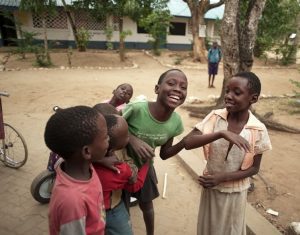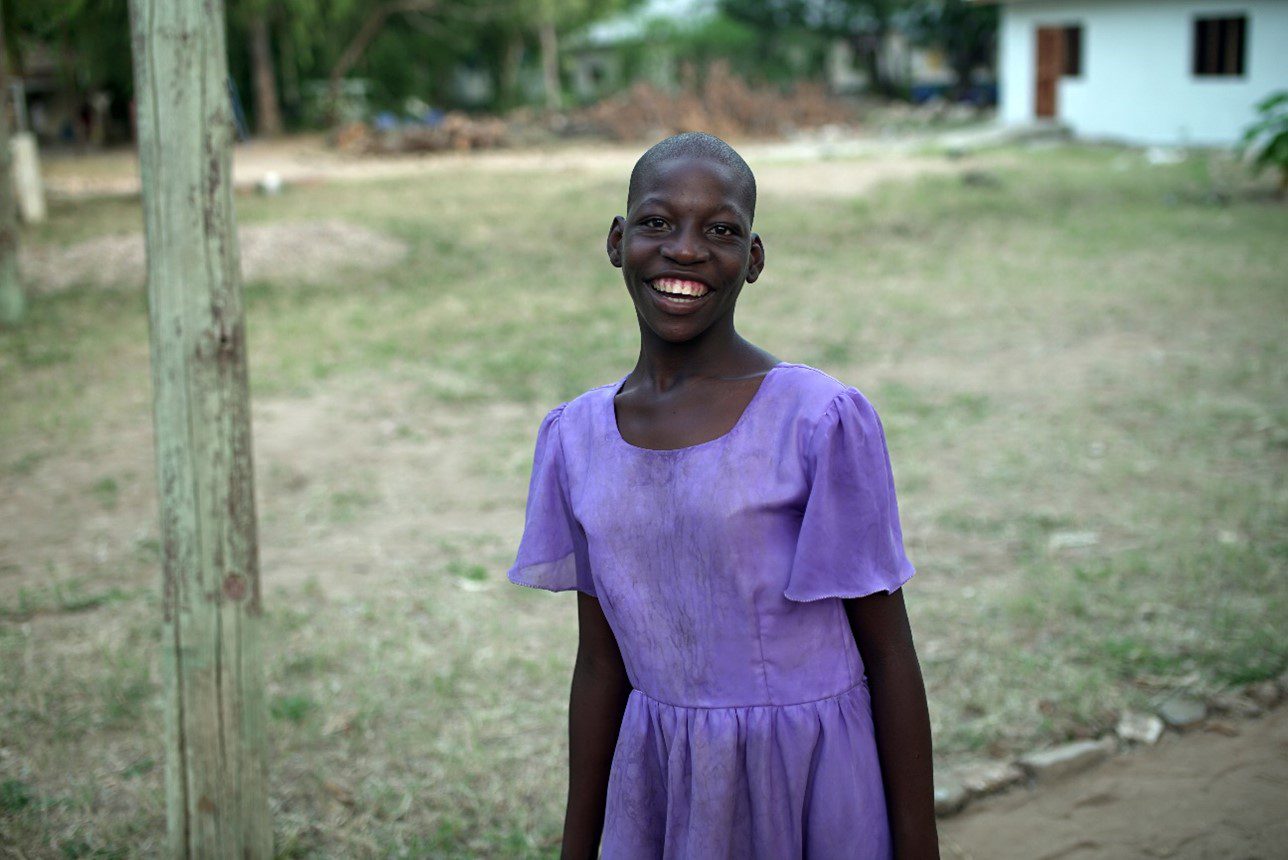World Day of Social Justice: How Kupenda is Combating Inequality
Posted on February 22, 2023
Beliefs, Child, disability, education, Health, International, marginalized, stigma, vulnerable
February 20th marked the United Nations’ World Day of Social Justice. This day served as an opportunity to promote social justice by addressing issues such as poverty, exclusion, unemployment, human rights violations, and gender inequality—issues which Kupenda works to address on a daily basis.
When it comes to social justice issues, one of the most marginalized groups that exists today are women and girls with disabilities. This population experiences multiple layers of discrimination based on both gender and disability. This “double discrimination” leads to significant barriers to education and, in turn, perpetuates high rates of violence, unemployment, and poverty.
Educational Barriers for Women and Girls
Global estimates indicate that only 41.7% of girls with disabilities have completed primary schooling. Overall, the global literacy rate for women with disabilities may be as low as 1%. Some of the barriers contributing to these diminished rates of success include:

Children playing near a school in Kenya
● Abuse: Women with disabilities are approximately three times more likely to experience violence by family, intimate partners, and institutional facilities than other women. Furthermore, sexual violence that results in pregnancy is a contributor to higher instances of school drop-out.
● Stigma: Girls with disabilities are frequently perceived to be unable to contribute to their families and communities and, therefore, are often the last family members to receive resources.
● Hygiene: A lack of access to appropriate hygiene products can prevent girls with disabilities from attending school when they are menstruating.
● Accessibility: Education materials are rarely available in alternative formats, such as braille, sign language, large print, etc. In addition, school facilities are often inaccessible as well, lacking ramps, braille signs, etc.
● Poverty: Girls with disabilities are more likely to grow up in low-income families, which places them at an educational disadvantage.
Kupenda’s Response
Kupenda works to combat these issues of disparity and disadvantage among children with disabilities through a multi-faceted approach. On an educational level, our work ensures that girls with disabilities receive an education by referring them to schools that can meet their needs as well as providing school fees, educational resources, and toiletries.
Yet another aspect of our work is mitigating harmful stigmas which precipitate low education rates in the first place. On an individual level, Kupenda staff provides counseling to family members about the importance of education and the ability of children with disabilities to learn and thrive when they are given the appropriate opportunities.
On a community level, Kupenda trains key leaders, including traditional healers, religious leaders, and government officials to act as disability advocates. Through our trainings, these advocates are able to identify and encourage families impacted by disability, refer them to appropriate care and resources, and foster loving inclusion with others in their communities. This not only allows people with disabilities to be empowered to meet their full potential, but it allows the community as a whole to benefit from a restored sense of value for all people, regardless of their differences.
Want to keep updated on Kupenda’s work?
You can follow us on Facebook, Instagram, LinkedIn, and Twitter.
And please also sign up for our monthly newsletter and updates here.
If you’re interested in supporting one of the many children we serve, head over to our sponsorship page to learn about how you can make a difference for just $30 / month.



Leave a Reply